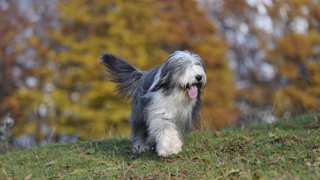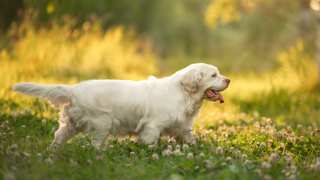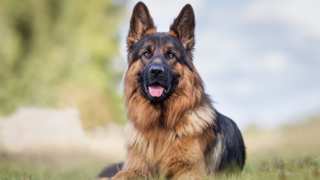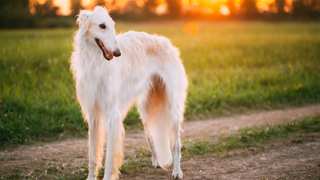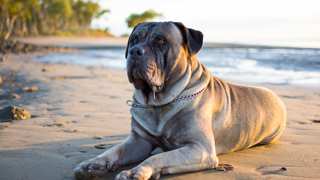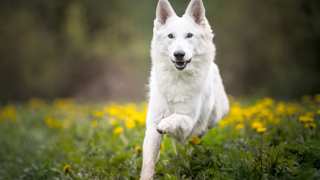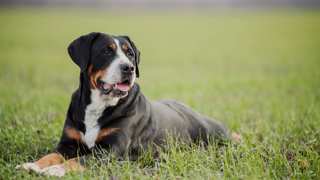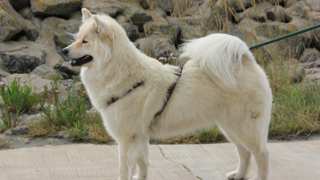The Maremma Sheepdog diet will need to include animal proteins, healthy carbs, vitamins, minerals, and omega fatty acids--nutrients every dog needs to maintain its health in the long term. What do Maremma Sheepdogs eat? Probably anything you give them--but the best Maremma food is premium dry kibble, as it has balanced portions of the above-listed ingredients.
These dogs do best with food formulated for active breeds. SportMix and Dr. Tim's are recommended brands of high-energy premium food.
Adult Maremmas, depending on their age, size, and activity levels, will need about four cups of dry food per day, divided into two meals. Maremma puppies will need a bit less: again depending on age, about 2¾ cups per day, divided into three meals (not two) until seven months old.
For more info on feeding a Maremma Sheepdog from puppyhood through maturity, see the following:
Dog AgeDog WeightFood TypeAmountFrequency2 Months15 lbsDry (Puppy formula)0.5 cups3x/day4 Months25 lbsDry0.75 cups3x/day7 Months50 lbsDry1 cup3x/day10 Months70 lbsDry* (Puppy/Adult)1.75 cups2x/day13 Months+85 lbsDry (Adult formula)2 cups2x/day*--Around this time, transition to adult food by mixing in adult formula with the puppy formula, in slowly increasing amounts with each meal, for one week.
If possible, try and stick to the above-listed portions. If constantly overfed (and under-exercised), these dogs can become overweight--and a fat Maremma Sheepdog will have numerous health problems and a potentially shortened lifespan. You can help control your Maremma's weight by having consistent feeding and exercise schedules, and by not leaving food in the dog's bowl all the time.
If you're worried your Maremma Sheepdog is overweight, try this test: run a hand along the dog's side, and if you can't feel any ribs, it's diet time--which means less food and more exercise!

